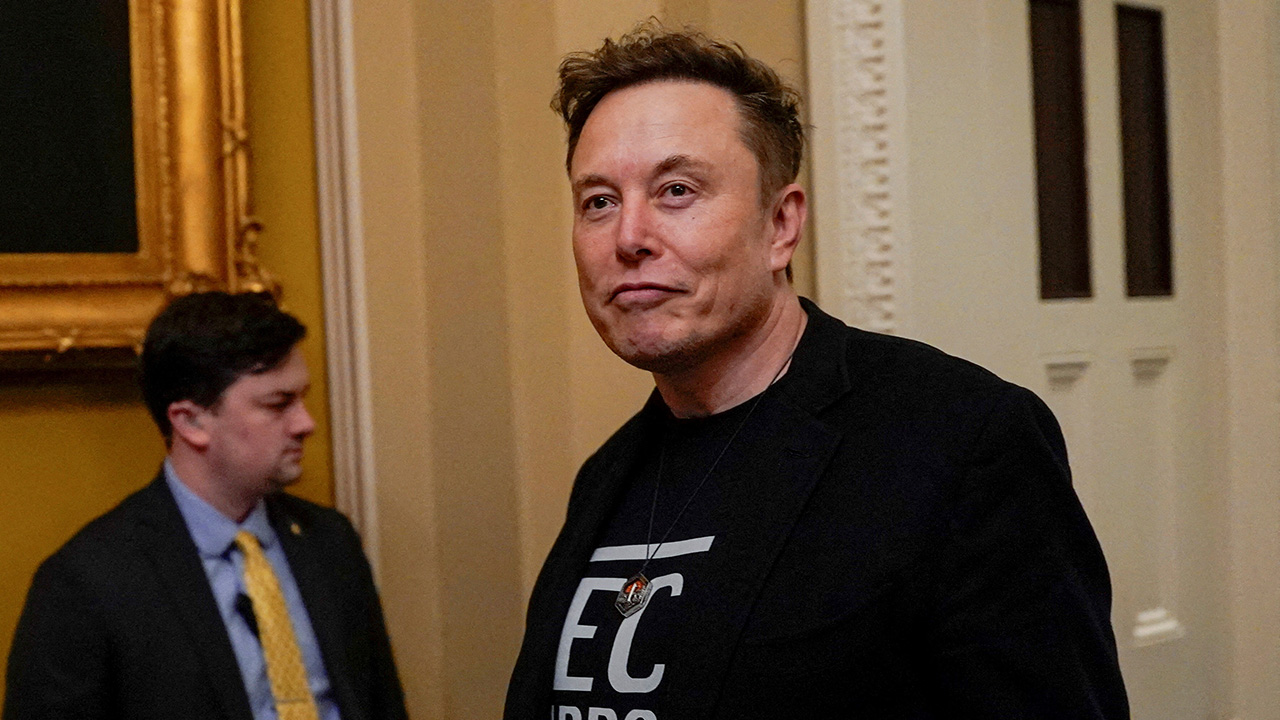From the UK to Africa: How Private Capital Unlocks Smart Growth


By: Tim Carson, CFO at Platcorp Group
Imagine a continent where 50% of GDP is generated by SMEs that struggle to access essential funding. This is the reality for countless Small and Medium-sized Enterprises (SMEs) across Sub-Saharan Africa.
While the UK’s recent partnership with Invest Africa signals a clear intent to strengthen trade and investment ties in Africa, and the 2025 Africa Debate certainly pushed for deeper economic relationships, it crucially overlooked the roles of SMEs as vital engines of growth. The debate honed in on significant topics like the continent’s macro-economy, debt issues, and large-scale investment opportunities, yet it bypassed the immense potential of small businesses and micro-lending. These companies are essential for job creation, innovation, and growing local communities, yet struggle with accessing the funding they need and deserve. The combination of SMEs and private capital can make a formidable force in spearheading sustainable growth and financial inclusion. And to truly unlock the full potential of UK investment, microfinance and microlending must become a top priority.
Advancing financial inclusivity
For many, Africa is seen as a burgeoning investment hub – a continent that is exponentially improving its access to technology. While this may be the case for some regions, others are still left behind, excluded from traditional finance. This is exactly where private investment and capital can step in and act as a catalyst for growth in underserved markets.
Consider smallholder farmers, long barred from accessing critical capital due to their lack of credit history and collateral. Yet advancements in technology mean that even the most remote farmers can be assessed for creditworthiness with drone technology, mobile banking, satellite history and more. Investors can now rest assured that smallholder farmers are a sound and reliable investment.
This investment in a previously excluded population is helping to close long-standing gaps in financial access, as private capital offers a sustainable, scalable solution that can reach people at the grassroots level. Microfinance groups can provide nimble and tailored financial services which directly power financial inclusion, job creation and regional development. UK investors can earn returns and be part of a wider story that focuses on unlocking human potential and building more inclusive economies.
Thanks to technology, groups once deemed ‘too risky’ are having their moment in the sun and receiving much-needed investment. And the sector is showing no signs of slowing down. As technology improves, its reach improves, going farther than traditional finance ever has. Despite traditional finance conjuring up images of bank tellers offering a human touch, and fintech as full of artifice, it’s the latter that is improving efficiency and becoming more human. Fintech platforms are increasingly designed with real users in mind, reflecting the day-to-day realities of rural life. The space is dynamic and fresh, and a perfect opportunity for investors who are seeking action and opportunity.
Empowering women entrepreneurs
Despite gender equality being a known factor in advancing sustainable development, women still face hurdles, especially in the informal sector, with 37% of women in Eastern and Sub-Saharan Africa struggling to access a bank account. Scores of women face ongoing battles in accessing credit, receiving tailored financial products and promotions to leadership positions. Despite the challenges, these women persist, often running successful businesses that directly serve their local communities.
This is where targeted private capital can make a huge difference as its investments can unlock untapped potential, driving innovation and fostering inclusive growth across communities. Microloans and mentorship built with women in mind can go a long way in encouraging and sustaining millions of capable entrepreneurs. Far from being a charity initiative or a handout, these strategic investments are smart business moves – women reinvest more in their families and communities, and can very often stretch investors’ capital when given the chance.
Creating local jobs and skills
Despite private capital and fintech’s proven ability to foster growth, caution still persists among investors. But they should rethink their strategy and look at the reality, not the headlines. Challenges exist, yes, but they’re diminishing. Instead, vibrant and flourishing economies are thriving alongside increasing political and regulatory stability, and seismic technological shifts that are substantially lowering the risk for investors.
This strategic investment is not just about investing in a market; investors can now lay claim to shaping the future of global growth in a sustainable, smart, and inclusive way. Job creation, talent building, local recruitment, and the boosting of livelihoods and communities are all possible when African SMEs are supported. Sceptical investors can manage risks effectively with the right local partners, strong due diligence, and long-term thinking, leading to investment that does not have to choose between profit and purpose. Many MSMEs specialise in areas like agriculture, renewable energy, and inclusive fintech, and can deliver returns if they receive specialised guidance and capital.
If UK investors are seeking long-term value and exponential growth, they will find this is where impact and innovation intersect. Extending a hand to the grassroots level drives long-term stability and economic inclusion, and it’s where UK investment can make a huge impact, for lenders and borrowers alike.
The post From the UK to Africa: How Private Capital Unlocks Smart Growth appeared first on European Business & Finance Magazine.














































